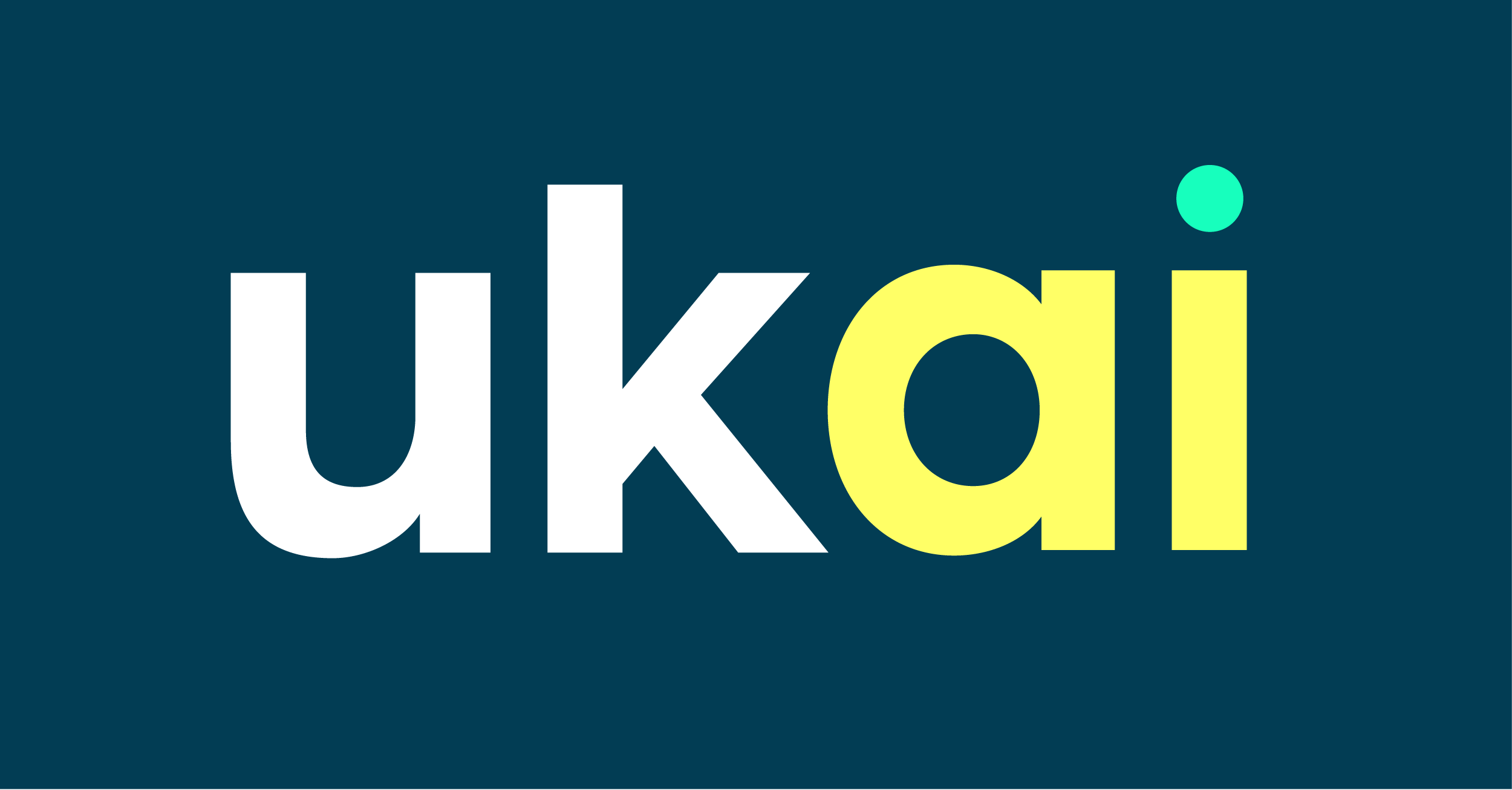AI adoption accelerates in UK tax sector but strategic integration remains slow
Artificial intelligence is rapidly reshaping the UK tax profession, with nearly two-thirds of practitioners now using AI in their daily work—up from 40% earlier this year, according to a new report from Tolley, part of LexisNexis Legal & Professional.
The report finds AI’s chief value lies in streamlining tasks and boosting delivery speed, with 80% of users citing faster turnaround as the primary benefit. Enhanced client service and competitive advantage also feature strongly. Yet despite growing usage, only 15% of tax professionals say AI is fully embedded in their operations, with most describing adoption as slow, experimental or underfunded.
As workflows evolve, so too do client expectations. While hourly billing remains the norm, firms are increasingly trialling fixed, flat or phased pricing models. More advanced players are exploring AI-enabled subscription services and bundled offerings that combine automated analysis with expert review.
“AI is fundamentally changing the economics of tax,” said Jonathan Scriven, Director of Tax Markets at LexisNexis. “Faster workflows and smarter insights are challenging the billable hour and creating pressure for value-led pricing. Organisations that adapt quickly will not only meet client expectations but also attract top talent and strengthen trust in their services.”
The shift is already influencing retention, with some practitioners in private practice and in-house roles suggesting they may leave firms that fail to invest adequately in AI.
These findings echo broader industry trends. Thomson Reuters reports that 79% of tax and accounting firms expect to significantly integrate generative AI by 2027, with adoption nearly tripling over the past year. In adjacent fields such as internal auditing, Wolters Kluwer data shows AI use is growing fast—currently at 40% and set to double within a year.
However, challenges persist. Many firms still face structural barriers and underinvestment, while a 2025 survey reveals widespread use of unauthorised AI tools, raising concerns around data governance and security. As the UK seeks to position itself as a global leader in responsible AI, the tax sector’s experience offers a snapshot of both the promise and complexity of digital transformation. Firms that balance innovation with robust governance stand to define new benchmarks in client service and workplace quality—helping reinforce the UK’s reputation for trusted, forward-looking professional services.
Created by Amplify: AI-augmented, human-curated content.






